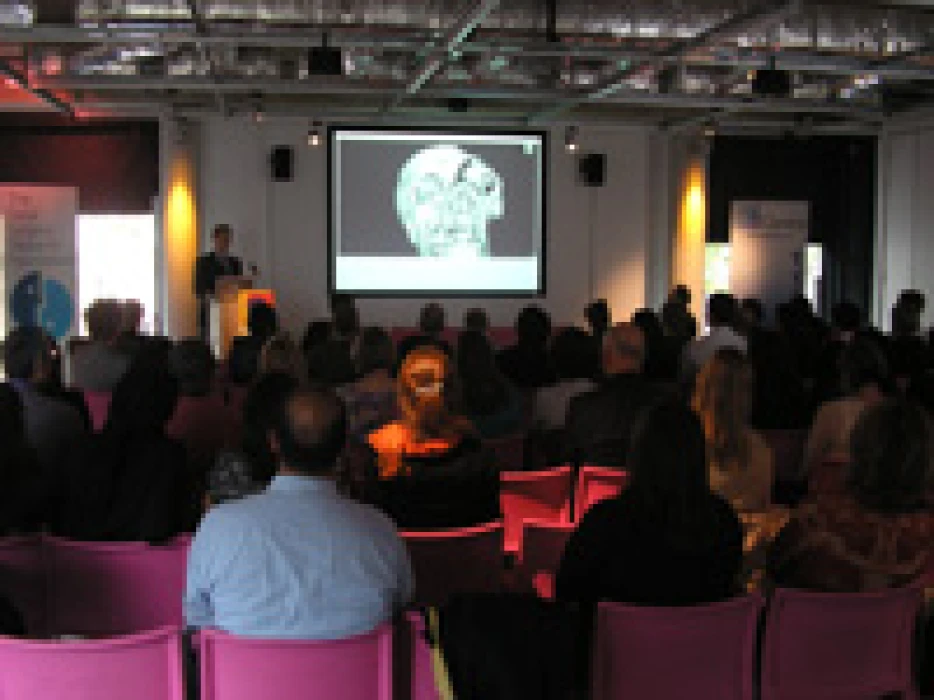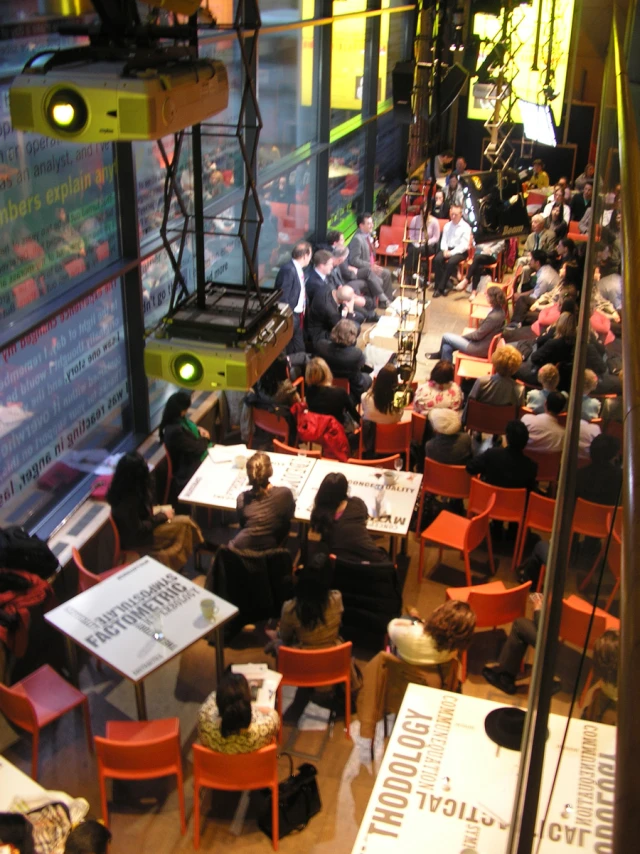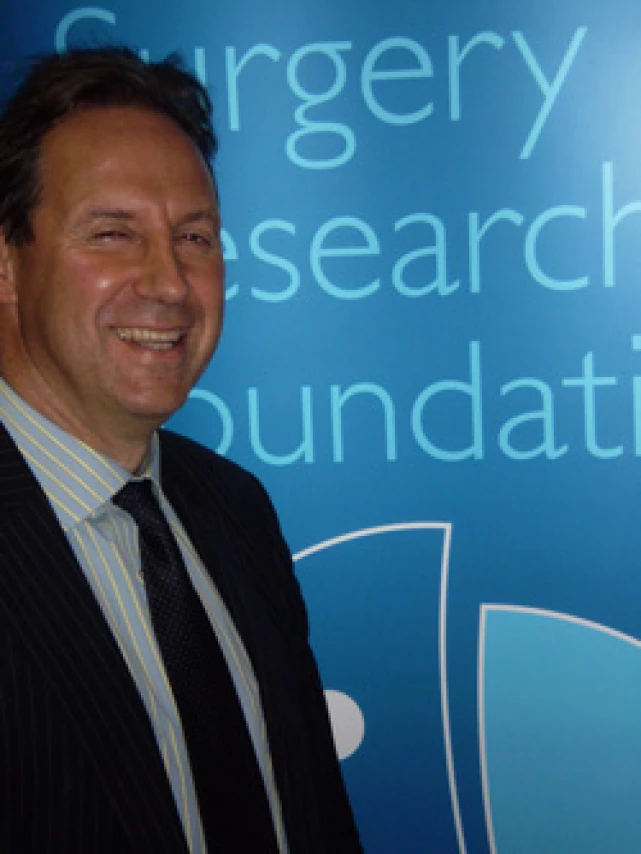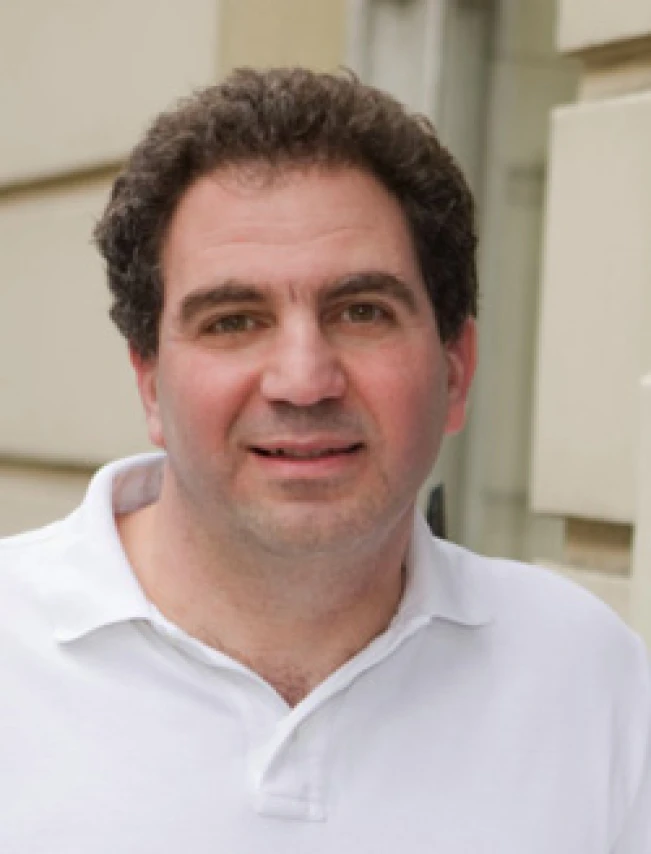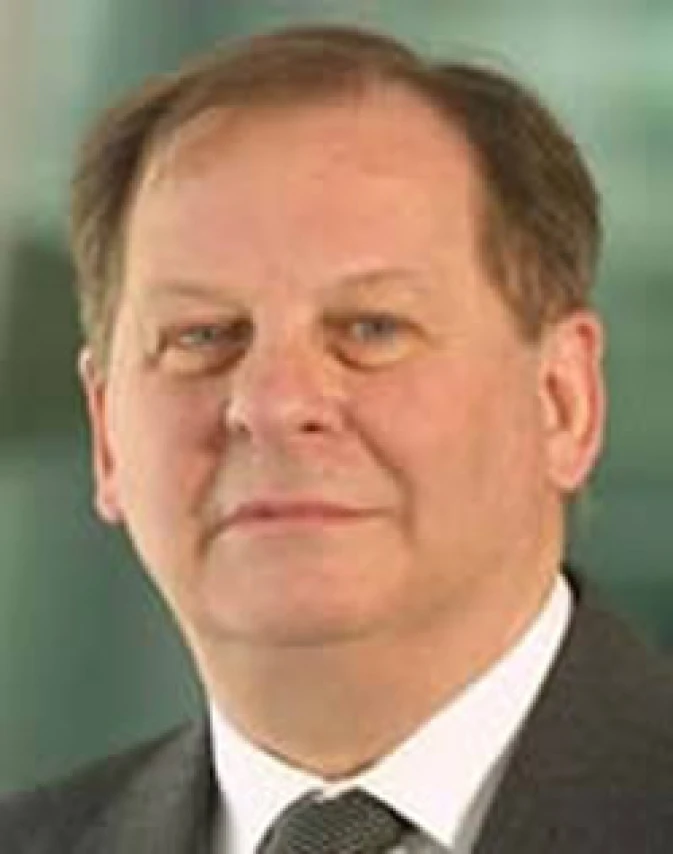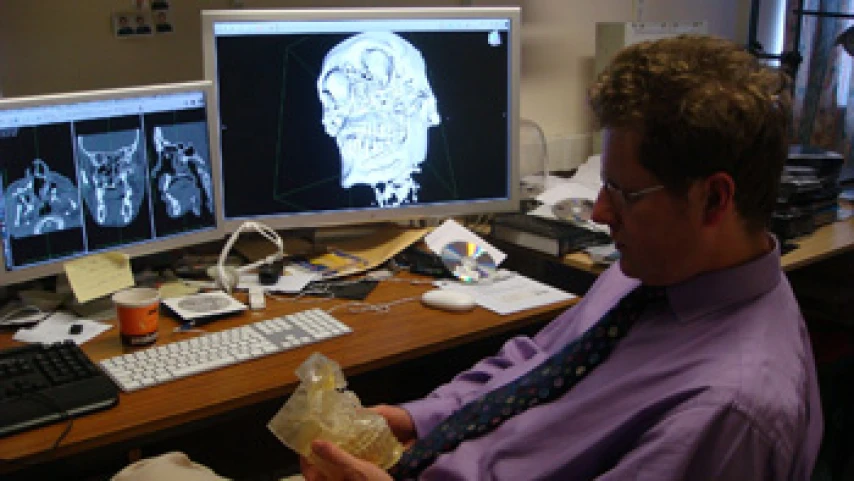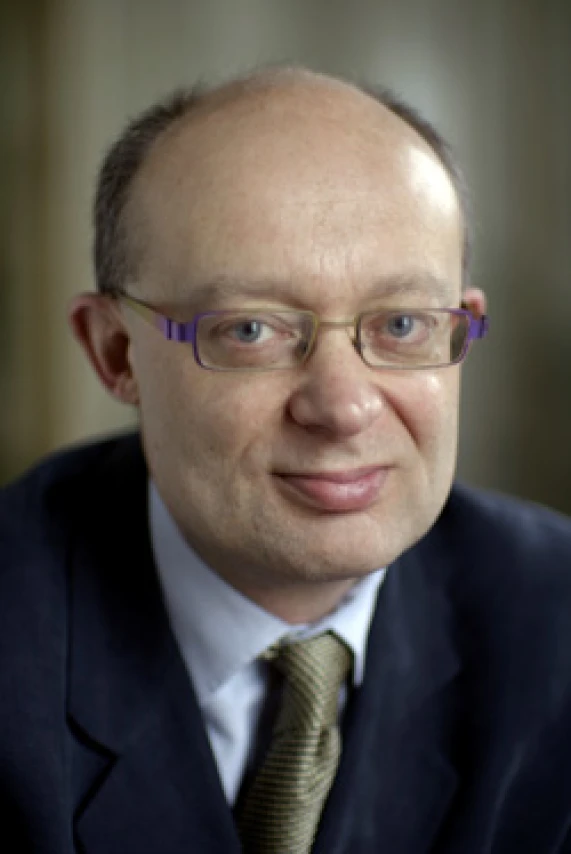Facial surgery is complex dealing with delicate skin and bones, nerves and blood vessels. New advances like facial transplantation are experimental with serious physical risks and unknown psychological outcomes. Informed consent will be difficult with these new techniques Also, unlike clinical trials for pharmaceuticals, where drugs can be stopped or changed, surgery is irreversible. Therefore, surgical clinical trials comparing different techniques are difficult to run, but essential if best treatment is to be determined.
The field of innovative facial surgery including stem cell and donor transplantation will continue to develop. Yet hand in hand with this enthusiasm and excitement must come informed discussion in order to form a realistic vision of the indications and outcomes of new facial surgery techniques.
Therefore, the afternoon symposium afternoon sought to bring together experts who would discuss what facial surgery can (and cannot) achieve today; where laboratory and clinical research will lead us; the ethical dilemmas posed by this innovation; and the psychological hazards of meddling with identity.
Presentations
Following introductions by Professor Nigel Cameron, Executive Chairman of BioCentre and Matt James, Associate Director of BioCentre, Professor Iain Hutchison, guest chair for the afternoon was welcomed to the platform. Professor Hutchison is Chief Executive and Founder of Saving Faces; Consultant Oral & Maxillofacial Surgeon St Bartholomew's, The Royal London Hospital & University College Hospitals.
The afternoon consisted of short 10-15 minute presentations made by the various speakers each discussing some of the most pertinent topics associated with the development of facial surgery and transplantation.
Dr. David Veale, Consultant Psychiatrist in Cognitive Behaviour Therapy at the Maudsley Hospital and Honorary Senior Lecturer at the Institute of Psychiatry, was the first to speak and gave a very lucid and engaging presentation on the psychological implications of facial surgery. Dr. Veale explained some key principles and concepts, not least the crucial concordance between identity and appearance, which in turn challenged the audience afresh to reflect on the positive psychological impact of facial surgery and transplantation.
Facial trauma
Having set the scene, Mr. Simon Holmes, Consultant Oral & Maxillofacial Surgeon, Bart’s and the London NHS Trust, followed on from Dr. Veale’s presentation by addressing the current status of facial surgery and where developments in this field are heading. In particular, his illustration of skeleton of the face as the tent frame, the tissue as the lining and skin as the fabric was a helpful analogy to use in explaining to the audience the intricacies and skills necessary in order to carry out surgery. Added to this, Mr Holmes showed some fascinating media clips and models which vividly illustrated the kind of facial trauma work which he is engaged with at Bart’s hospital.
Blue sky thinking
Digital technology is revolutionising our lives in so many different ways and the field of surgery is no exception. Mr. Andrew Dawood, Clinical Director of Cavendish Imaging, introduced some ‘blue sky thinking’ to the afternoon by giving a very interesting presentation on the use and application of digital technology in helping to develop facial surgery techniques. In particular, the analogy he used of the home PC, scanner and printer and how in many respects this illustrates the approach by which he is carrying out pioneering work in terms of facial reconstruction and modelling was fascinating. His presentation helped to point to how future rehabilitation techniques could progress and develop a better quality of life for patients.
Tissue engineering
Professor Francis Hughes, Professor of Periodontology, Barts & The London School of Medicine and Dentistry, Queen Mary University of London picked up on the analogy used by Mr Holmes in terms of ‘scaffolding’ and facial surgery. In the short time available, Professor Hughes concisely covered the issue of application and development of tissue engineering in terms of presenting a far more successful way forward for the development of facial surgery.
Surgical research
At this juncture, Professor Iain Hutchison stepped aside from his guest chair responsibilities in order to make his own address on the subject of the patient and surgical research. Professor Hutchison shared from his vast wealth of experience in facial surgery and spoke candidly addressing points such as the philosophical and practical obstacles to surgical research. In turn, this helped to emphasis the crucial role of the surgeon-patient alliance.
Sir Professor Ian Kennedy, Emeritus Professor of Health Law, Ethics and Policy at University College London, helpfully brought the various presentations together by offering comments and reflections on the ethical implications involved with facial surgery and research. In particular, his comments on the physical and psychological outcomes in terms of patient involvement and the need to tease these out so that the patient is informed as much as possible were particularly useful.
Facial surgery only the beginning
Perhaps one of the key things to emerge from the afternoon was the fact that despite the media and public interest in the seemingly ‘ground breaking’ area of facial transplants this is just the start of reconstructive surgery and could even be regarded as ‘old technology’. Face transplants do serve their purpose but patients have to take immunosuppressants for the rest of their lives and which in turn weakens their immune system, increasing the risk of infection and cancer and generally weaken muscles and bones. These problems are highlighted by the young Chinese man who received the world’s third face transplant and who stopped taking the drugs, lost the transplant and died. Tissue engineering could help to regenerate the patient’s own bone and tissues which removes the need for drugs and rejection problems with the donor’s face.
To close, Professor Hutchison chaired a Q&A session where various members of the audience were able to ask questions of the speakers in response to their various presentations. A drinks reception was held for all guests which served to provide further time for discussion of the issues presented amongst guests and speakers alike.




